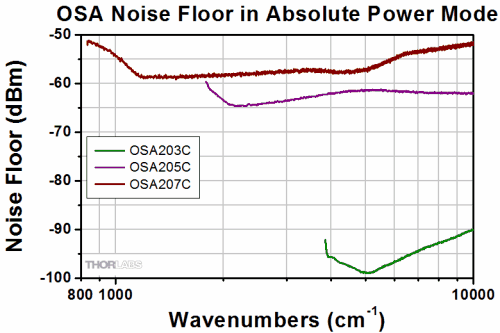Statistical power estimation for studies with multiple model parameters is inherently a multivariate problem. Power for individual parameters of interest cannot be reliably estimated univariately since correlation and variance explained relative to one parameter will impact the power for another parameter, all usual univariate considerations being equal. Explicit solutions in such cases, especially for models with many parameters, are either impractical or impossible to solve, leaving researchers to the prevailing method of simulating power. However, the point estimates for a vector of model parameters are uncertain, and the impact of inaccuracy is unknown. In such cases, sensitivity analysis is recommended such that multiple combinations of possible observable parameter vectors are simulated to understand power trade-offs. A limitation to this approach is that it is computationally expensive to generate sufficient sensitivity combinations to accurately map the power trade-off function in increasingly high-dimensional spaces for the models that social scientists estimate. This paper explores the efficient estimation and graphing of statistical power for a study over varying model parameter combinations. We propose a simple and generalizable machine learning inspired solution to cut the computational cost to less than 10% of the brute force method while providing F1 scores above 90%. We further motivate the impact of transfer learning in learning power manifolds across varying distributions.
翻译:具有多个模型参数的研究的统计功率估算是一个固有的多变问题。 单个利益参数的功率无法可靠地单独估算, 因为相对一个参数的关联和差异解释会影响另一个参数的功率, 所有通常的单项考虑都是平等的。 在这类情况下,清晰的解决方案,特别是具有许多参数的模型,要么不切实际,要么无法解决,让研究人员采用模拟力的普遍方法。 但是,模型参数矢量的点估计是不确定的,不准确性的影响是未知的。 在这种情况下,建议进行敏感性分析,模拟可能的可观测参数矢量的多重组合,以了解功率的权衡取舍。 这种方法的一个局限性是,在计算上生成足够的灵敏度组合,以准确绘制社会科学家估计的模型中日益高的高度空间的功率权衡功能。 本文探讨了为研究不同模型参数组合的统计功率的有效估计和图表。 我们提出了一个简单和可普遍接受的机器学习启发性解决方案,将计算成本减少到布鲁氏力方法的10%以下,同时提供F1在90以上传输中进行不同功率分布的动力学。





